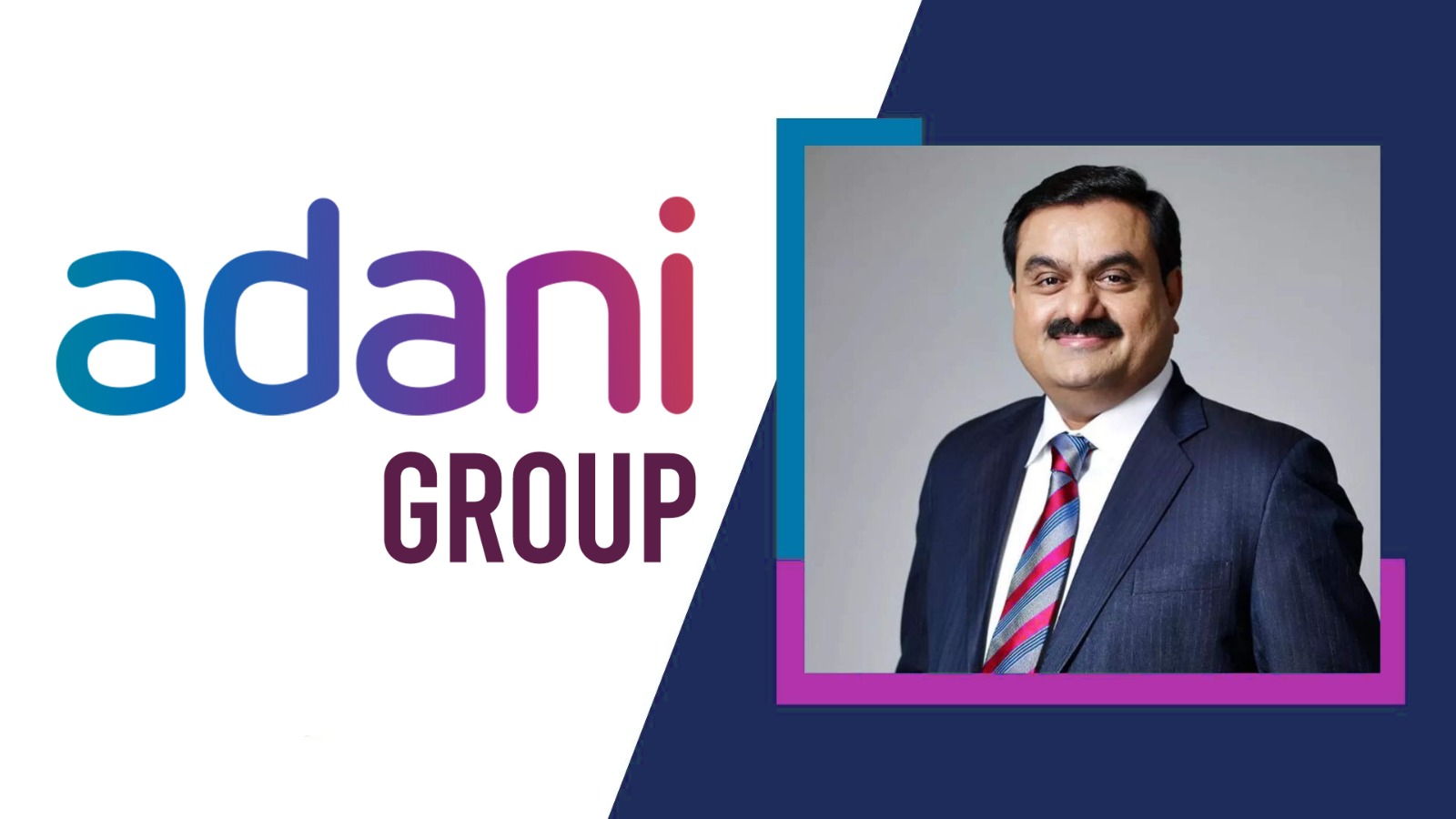
The Adani Group is strategically navigating the repayment of its $1.9 billion foreign currency bonds set to mature next year, revealing plans that involve a combination of cash payments and refinancing through new bond sales. As the conglomerate faces the maturity of significant bonds, it aims to secure financial stability and maintain investor confidence.
A substantial portion of the repayment strategy focuses on creating a liquidity pool of cash and cash equivalents. The Adani Group is committed to repaying $750 million of Adani Green’s holding company bonds maturing in September next year, alongside a $650 million bond tranche of Adani Ports and Special Economic Zones (APSEZ) due in July. Notably, the group has already paid $325 million in cash for the APSEZ bond earlier this year.
To address the refinancing needs, the conglomerate is in talks with lenders to raise $410 million for Adani Green’s $500 million bond tranche maturing in May. Concurrently, discussions are underway with potential investors to secure long-term funding extending up to 20 years in some cases. Despite the absence of an official response from the Adani Group, sources suggest that investor confidence has surged due to robust performances from the group’s subsidiaries, making the refinancing of outstanding bonds a viable option.
Bloomberg data reveals that Adani Group subsidiaries currently have approximately $7.5 billion in outstanding bonds. Analysts observe that refinancing is typically smoother for cash-flow-generating operating companies compared to holding companies, and this might be the cornerstone of the Adani Group's repayment strategy.
Recent developments indicate a positive trajectory for the Adani Group. It has communicated to investors its commitment to fully redeem bonds issued by Adani Green’s holding company, utilizing a $675 million funding letter provided by the bond’s underwriters. Furthermore, APSEZ, a key player in the group, unveiled plans to raise Rs 5,000 crore through the sale of non-convertible debentures and an additional Rs 250 crore via non-cumulative redeemable preference shares. These funds are earmarked for significant debt refinancing, reinforcing the group’s dedication to financial stability.
A December 10 Bloomberg report highlighted a rebound in the value of Adani Group dollar bonds following a rally, effectively erasing losses incurred after fraud allegations were made by US-based short seller Hindenburg Research. This turnaround signals resilience and investor confidence in the conglomerate’s financial health.
In a move demonstrating global financial reach, the Adani Group secured a $553 million loan from the International Development Finance Corporation for a container terminal project in Sri Lanka. This injection of funds underscores the group's ability to diversify financing sources and navigate challenges with strategic solutions.
As the Adani Group charts its course for bond repayments, the combination of cash payments, refinancing efforts, and sustained investor confidence positions the conglomerate on a path of financial resilience amid evolving market dynamics.